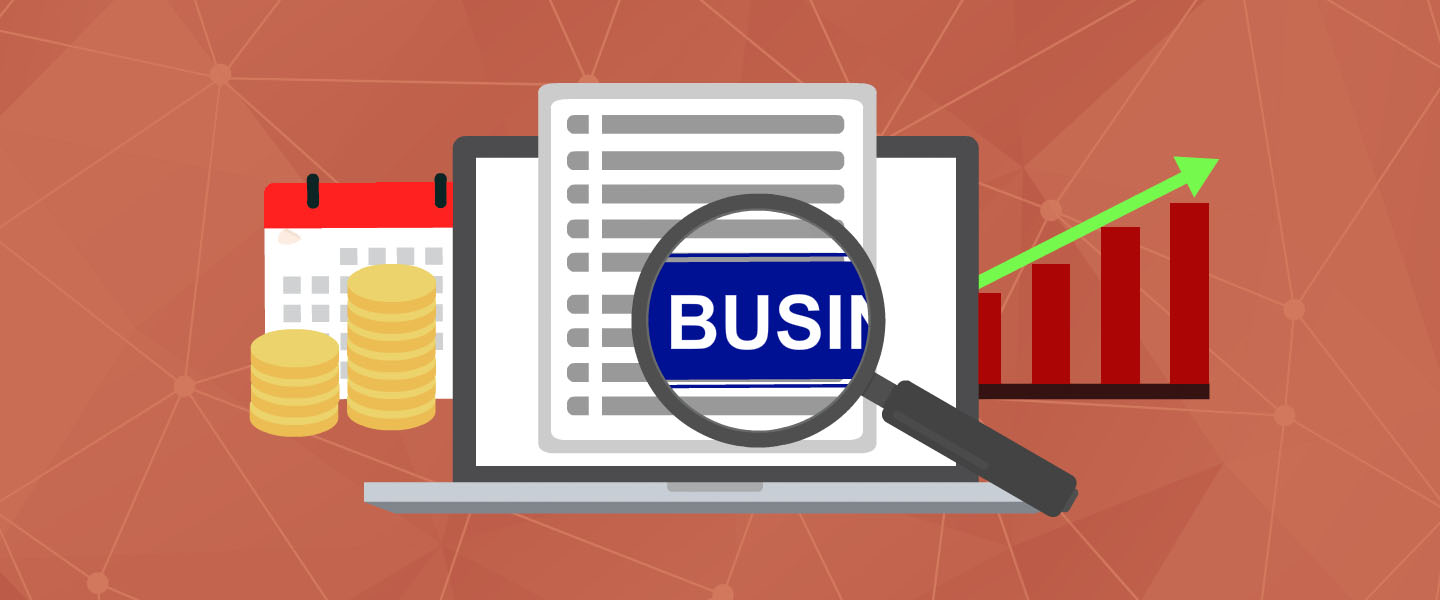When to Use Deal Structures
Deal structuring is the art of buying businesses.
Now, this means a few different things depending on whether you’re a buyer or a seller. For buyers, understanding how deal structuring works is one of the most important tools to have in the tool belt. You should live and breathe how to make a good deal structure.
The age-old investment advice in real estate states that “you make the money when you buy,” and it holds some weight in acquiring digital assets too. Any deal you acquire is far more attractive in terms of your cash-on-cash return when you have a great deal of structure in place.
If you’re a buyer, or even a seller, we recommend you read our definitive guide to deal structuring to understand existing structures.
Sellers most often want to avoid deal structures altogether. Deal structures can put a seller more at risk if the buyer doesn’t pay the earnout. It is also just a messier transaction overall from the seller’s point of view. However, if the seller really wants to make their exit a profitable one, then they’re going to have to be okay with a deal structuring that works for their best potential buyer.
Why is that? It is because of the way financing works in our industry. Right now, there just aren’t a lot of options out there for buyers to help them finance online business deals.
Of course, we sell plenty of deals every week that have zero deal structuring involved.
When Deal Structuring Doesn’t Happen
As our deal size gets bigger on our marketplace, it is perhaps easier to just say when deal structures typically don’t happen rather than when they do.
For the most part, any business underneath the $100k mark likely won’t have a deal structure. It can happen, but it is rare. That means if you’re a buyer looking to get a special deal at this price point, you’re going to have a difficult time making it happen.
We’ve seen sub $100k deals sell on our marketplace in as little as an hour, and they’re often sold within days at full price once they go live on our marketplace. If you’re a buyer, consider other types of negotiations you can do besides price.
Perhaps you can negotiate a longer than normal support or some other benefit when you buy the business rather than trying to get the business at a discount. With the discount approach, there is a solid chance you might miss out on the business altogether when another buyer comes in to make a full cash offer.
Between $100–200k price points, deal structuring can start to happen, though it is uncommon. It is really at these price points that you can start negotiating on price with a bit more confidence.
When you get above the $500k price point on a business, this is where the land of deal structuring on prices really begins to flourish. It is also where a buyer has the most opportunity to make an advantageous deal for themselves by haggling on price, creating milestones, and scheduling earn out payments.
Our Advice to Sellers
If you’re selling a business in this “deal structure territory”, there are a couple things you should keep in mind that many sellers don’t.
Many sellers don’t want to do an earn out payment, which is when a buyer puts up a large investment upfront and then pays the remaining amount over a period of time. However, if you want the largest amount of money for your business, then you’ll likely need to accept the realities of an earn out. If you want a shorter earn out period, then you could counter offer that buyer with an overall lower sales price to get more upfront money.
For example, if a buyer is looking at your $800k Amazon FBA business, they might put up $650k and pay out $150k over a period of 12 months. If you don’t want to take the added risk, you could lower the sales price from $800k to $750k where the buyer puts up $700k and gives you an earn out of $50k.
This is one effective way of mitigating risk while getting the most amount of money upfront.
Charging Interest
The majority of seller’s financed deals that involve earn outs are effectively a 0% interest loan to the buyer. It doesn’t have to be this way. Many savvy buyers realize the power of this effective “free money” loan, and they’re going to offer an earn out in almost 100% of their deals because of the leverage it gives them.
There is nothing stopping a seller from charging an interest rate on that loan. It is in many ways a hard money loan.
Of course, we wouldn’t recommend you charging an outrageous interest fee. We can help coach you on whether or not you should, and at what rate it should be if it is something we think you should do.
Since savvy buyers will almost always ask for a seller finance deal, when you counter with an interest rate, they might just forego the earn out altogether so to not have to pay the interest rate. So, this can be another effective strategy to getting more money upfront or all the money for your business in a full cash offer.
Don’t Be Afraid of Earn Outs; We’ll Handle It For You
Many sellers are intimidated by earn outs.
Their first question is: how will they manage it and make sure the buyer pays on time?
Well, our answer to that is for you to not worry about it. At least not too much. In fact, in an earn out situation, we don’t get our full commission right away. Instead, we take our portion of the commission from each earn out payment. Effectively, this puts us in the exact same seat as you when you sold the site.
We look for points of leverage on the buyer as well, just in case anything untoward happens during the earn out period. However, this is very rare and is not often seen.
Can we be wrong? Of course. But are we wrong often? No.
There will always be an added risk when it comes to earn outs, but we’ve done almost every kind of earn out you can imagine. If we tell you that an earn out offer is a good offer for you, we’re speaking from a vast amount of experience.


